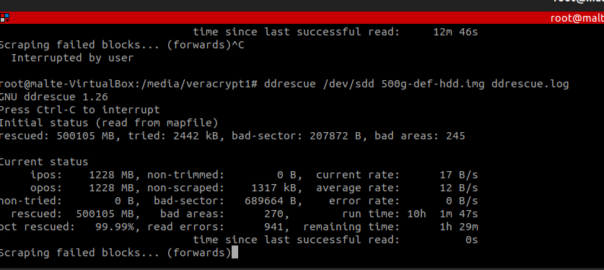Last year, I acquired an Epson Perfection V850 Pro, also known as the GT-X980. The package included both transparency and reflective targets for calibration from X-Rite. In my specific case, these targets were not accepted by either the auto-calibration or the manual calibration in SilverFast.
The auto-calibration failed because the targets are not original targets from LaserSoft Imaging AG. The manual calibration in SilverFast failed because the delta value was allegedly far too high, which I personally attribute to a software error. This is because the manual calibration and creation of a colour profile with X-Rite, as shown below, did not reveal such a problem.
Continue reading Calibrating Epson Perfection V850 Pro with X-Rite Monaco IT8 reflective target and creating a colour profile for SilverFast
